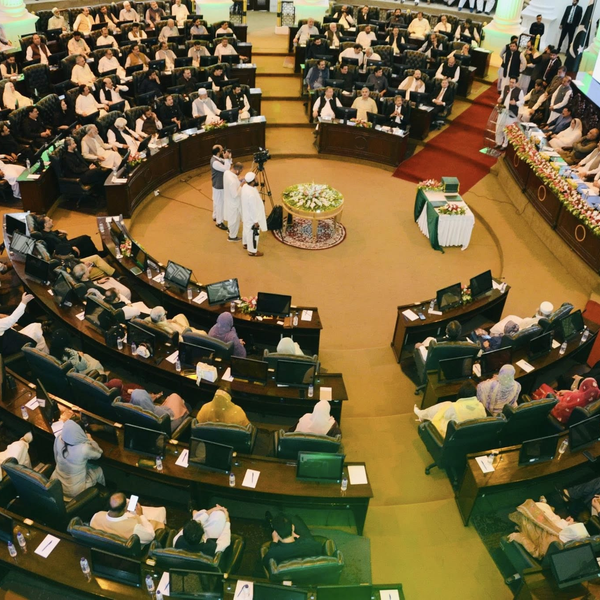Bringing undocumented Pakistani sectors into the tax net - Part I
The Pakistan Business Council has suggested a restructuring plan for the country's tax collection authority
Business Desk
The Business Desk tracks economic trends, market movements, and business developments, offering analysis of both local and global financial news.

Only 1.6% of Pakistan’s population are registered for income tax
Photo by Leeloo The First via Pexels
As Pakistan gears up to reform the Federal Board of Revenue — the national tax collection authority — one of the country's most prominent thinktanks, the Pakistan Business Council, has prepared a set of proposals for the FBR's restructuring.
The proposals are comprehensive and wide-ranging, which Nukta has presented in a three-part series. The first one is related to digitalization and income tax.
First, the FBR has been urged to relaunch the Point of Sale (POS) prize scheme to encourage digital transactions.
One of the key initiatives is to ensure that property registration values reflect actual market prices. Additionally, the enforcement of advance tax on land purchases and sales by societies developing and selling land parcels should be mandated, requiring these societies to record and register every transaction with the Real Estate Regulatory Authority (RERA).
Furthermore, tax under Section 7E, which is currently collected from filers on an annual basis, should be enforced for non-filers at the time of property disposal, with registrars made liable for collecting back taxes and default surcharges.
To facilitate digital payments, Tier 1 retailers should be required to accept credit and debit cards, similar to systems such as Paytm, PhonePe, and Google Pay, in India.
While agricultural income remains exempt from income tax, all agriculturists should be required to file income tax returns and wealth statements, along with reconciliations under federal law, to ensure greater transparency and accountability.
The PBC's FBR Restructuring Plan emphasized that the authority should allocate at least 50% of its workforce over the next three years to broaden the tax base, as only 1.6% of Pakistan’s population — approximately four million individuals — are registered for income tax.
Despite having over 66 million registered bank accounts as of March 2022, this figure does not align with the number of tax filers in the country. With around 14,600 bank branches primarily operating on rented premises, FBR can leverage this data, along with information on commercial, industrial, and residential properties, to identify potential taxpayers. Additionally, data on individuals owning immovable properties and vehicles over 2000cc should be utilized to pinpoint more taxpayers.
To encourage compliance, newly integrated Point of Sale (POS) retailers should be exempt from tax audits for three years, provided they show at least a 15% annual growth in tax payments. Moreover, restaurants and retailers must accept payments via debit and credit cards; if they fail to do so due to alleged technical issues, customers should be encouraged to report the matter to the FBR for investigation and potential penalties.










Comments
See what people are discussing